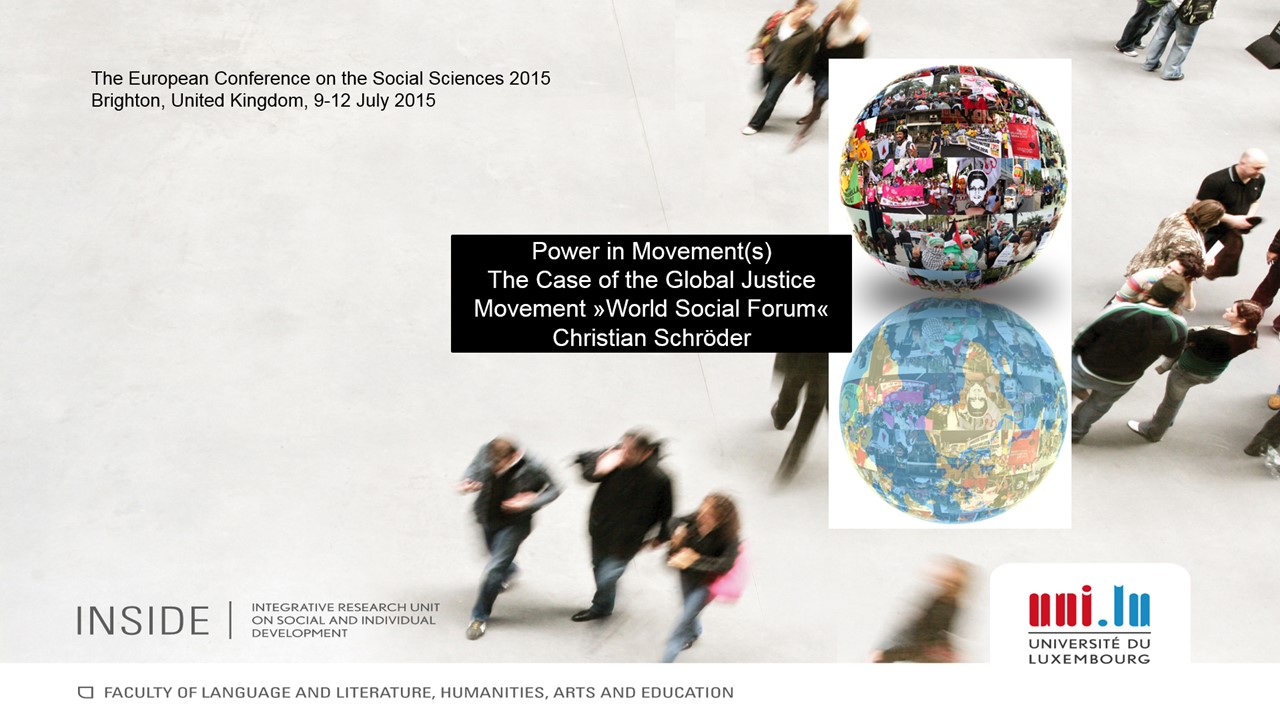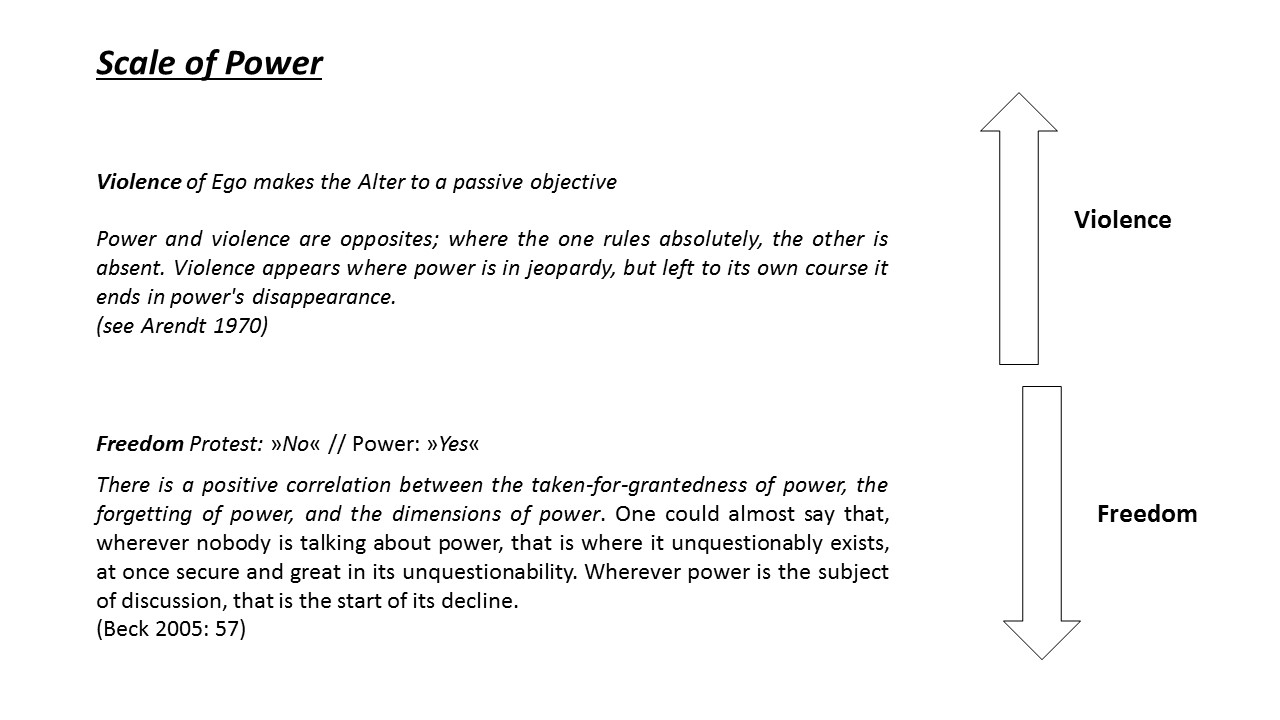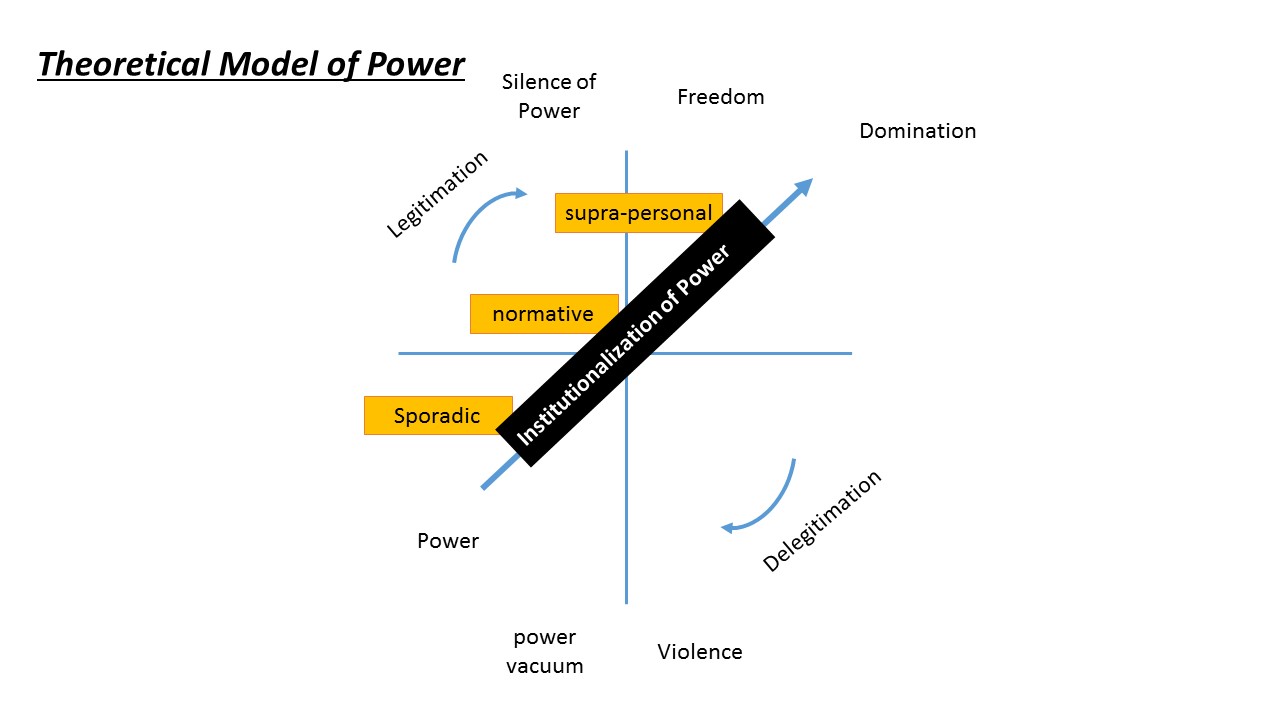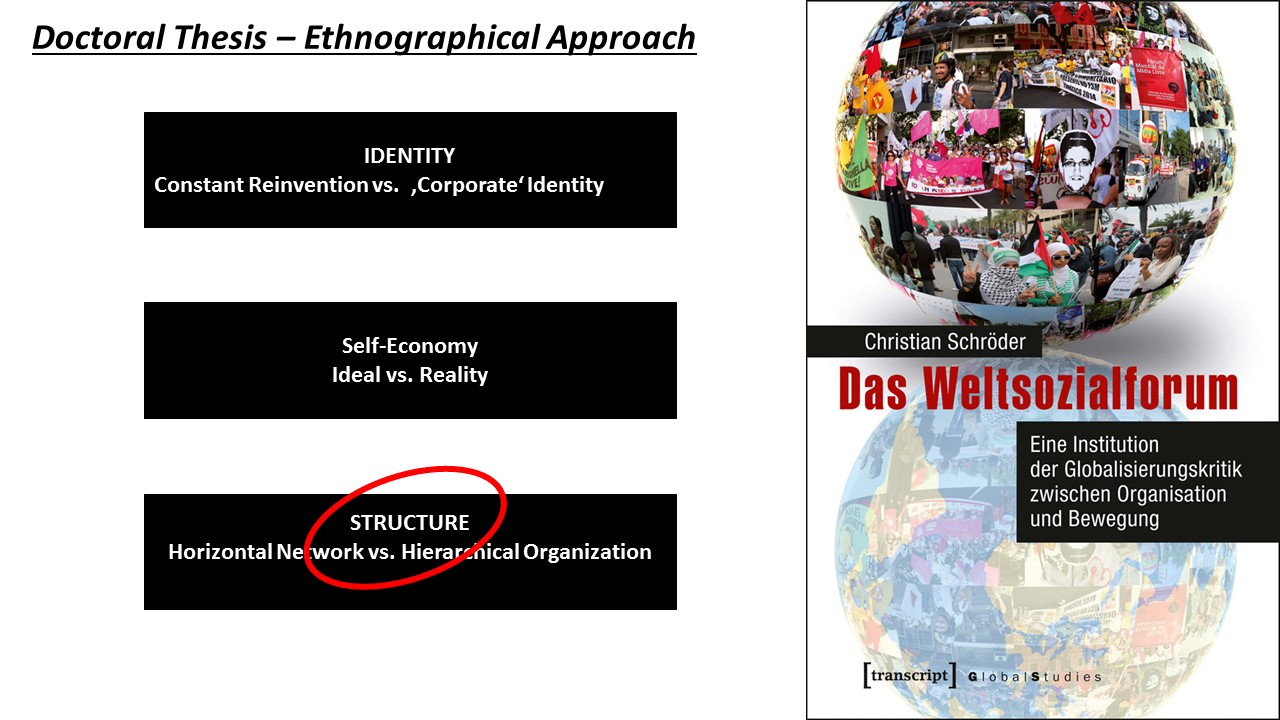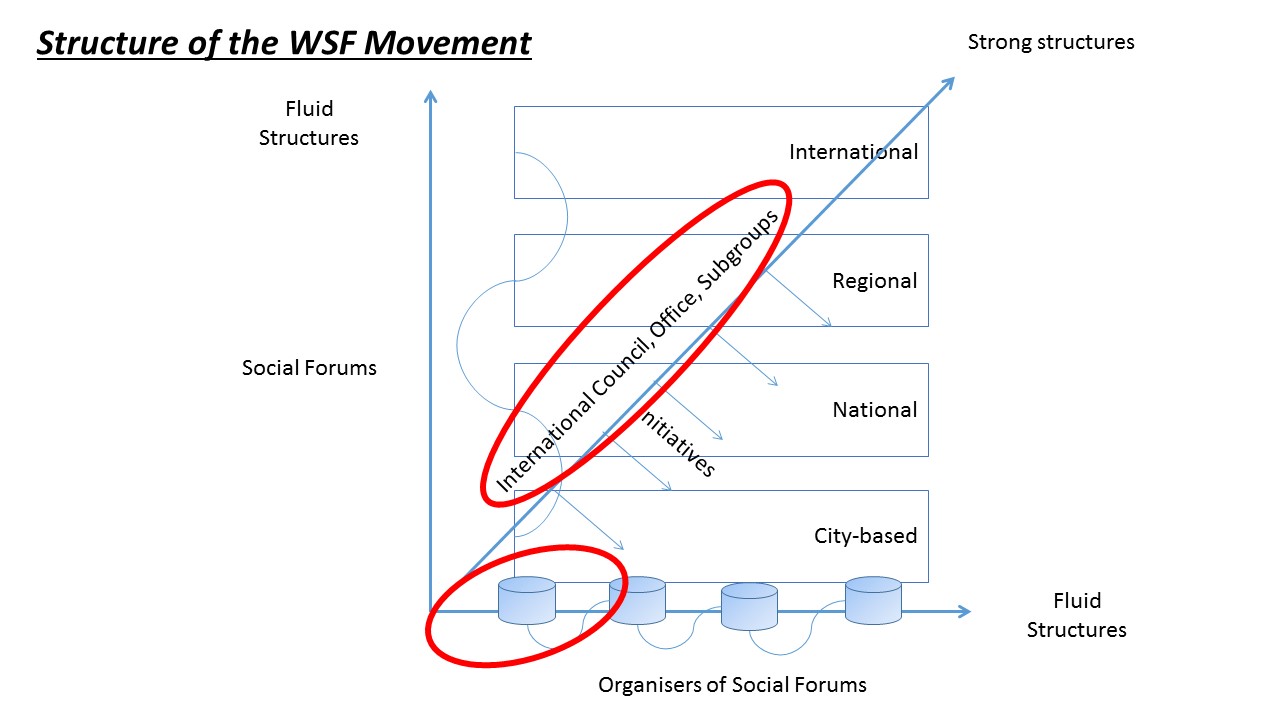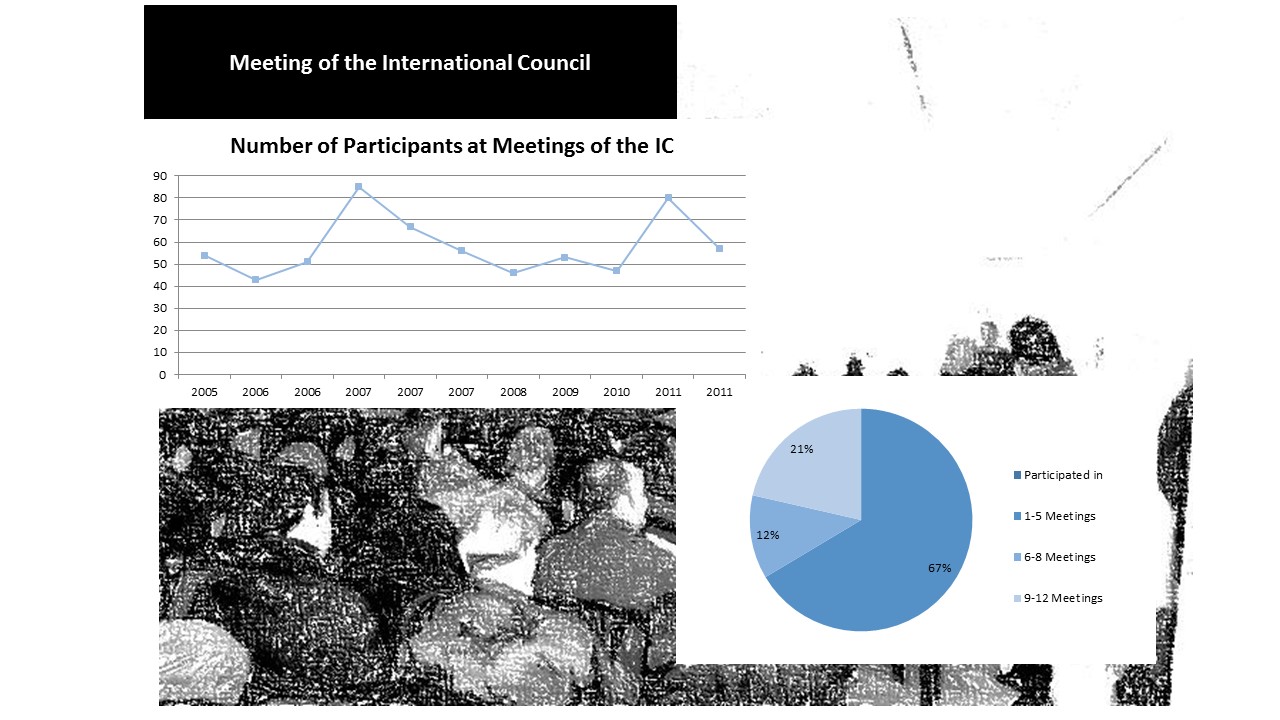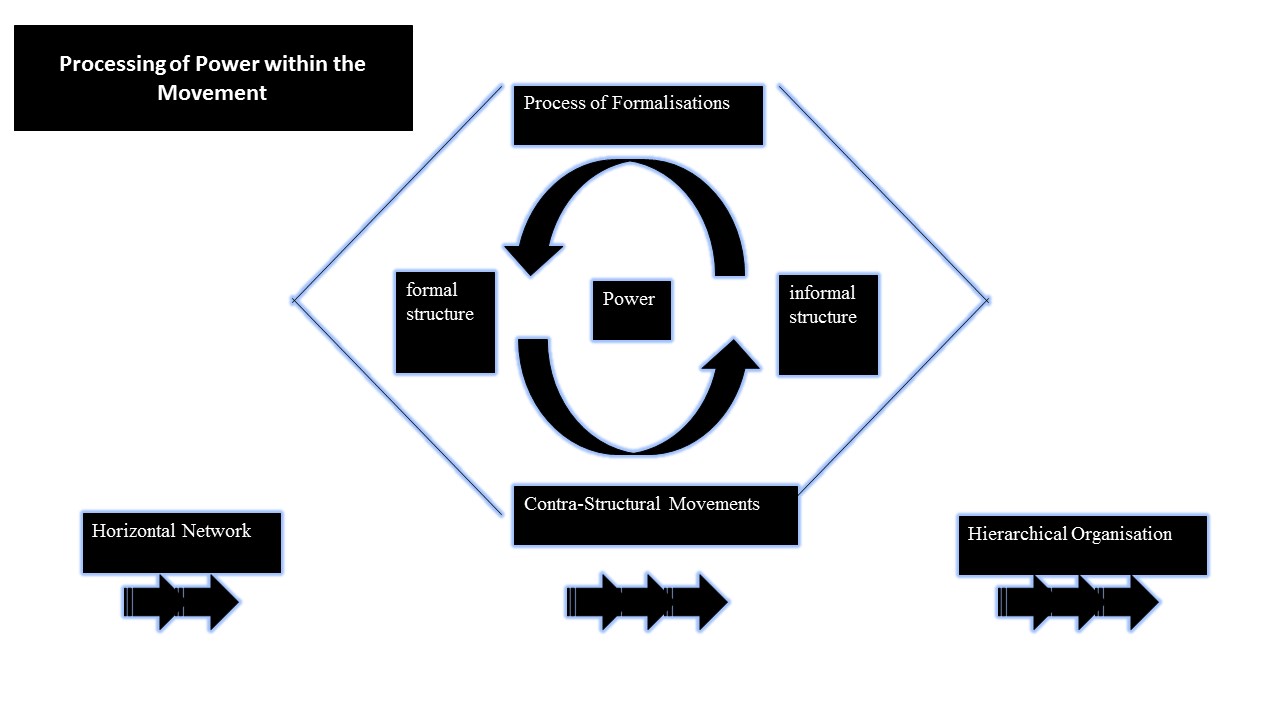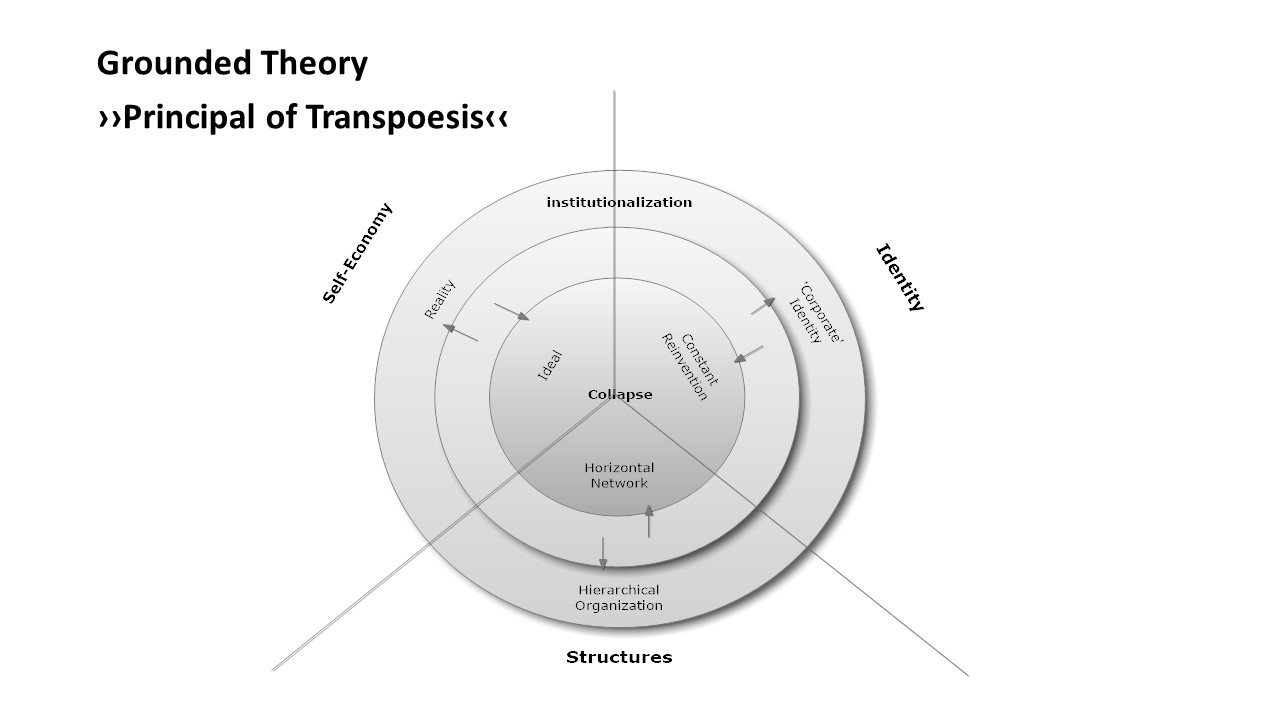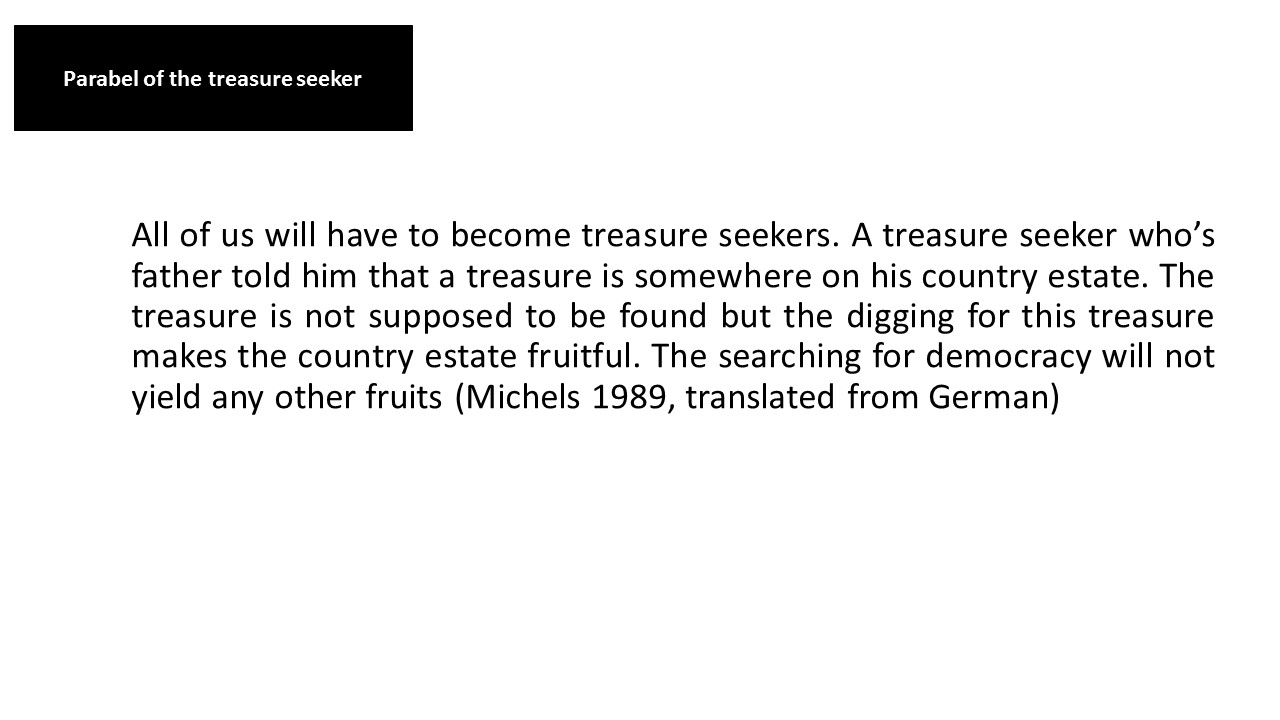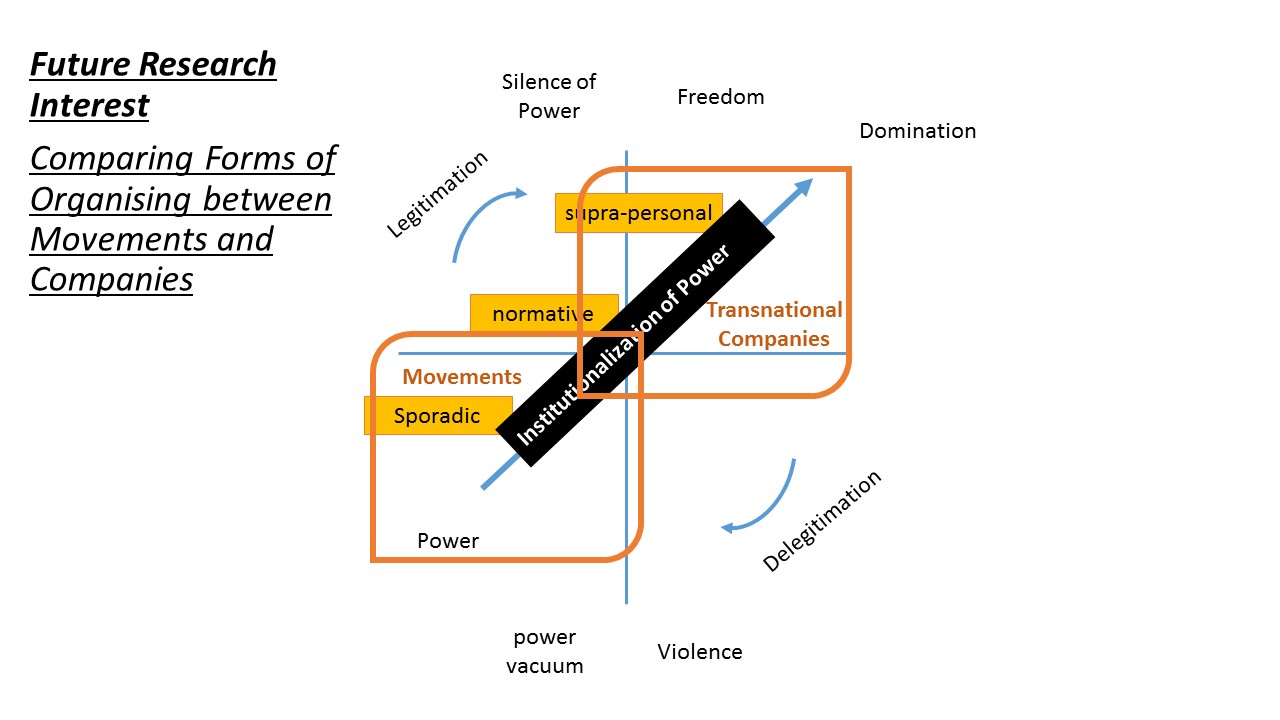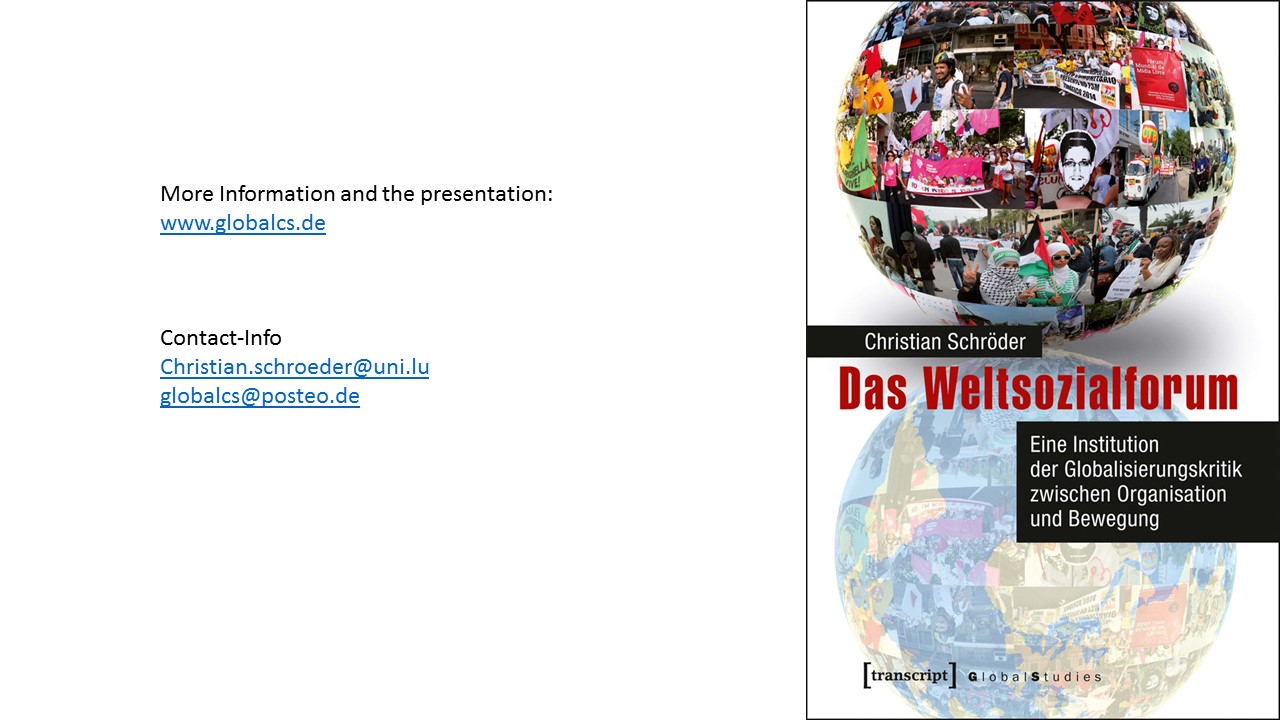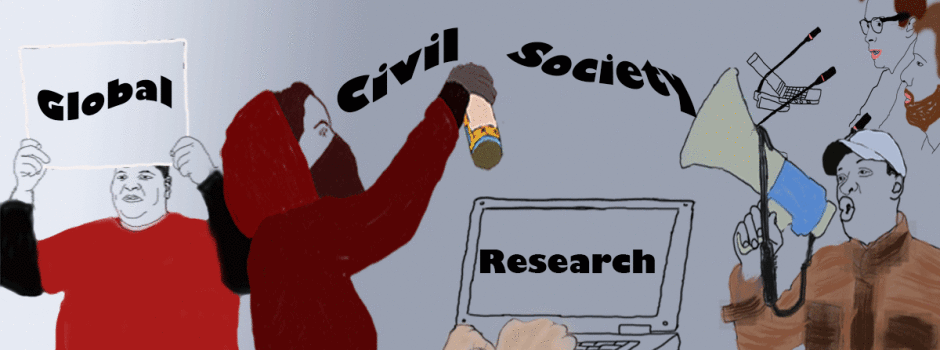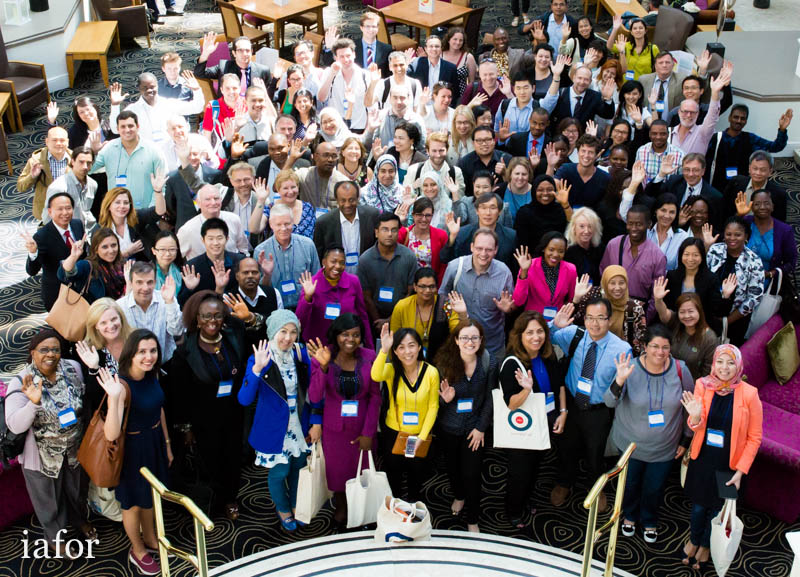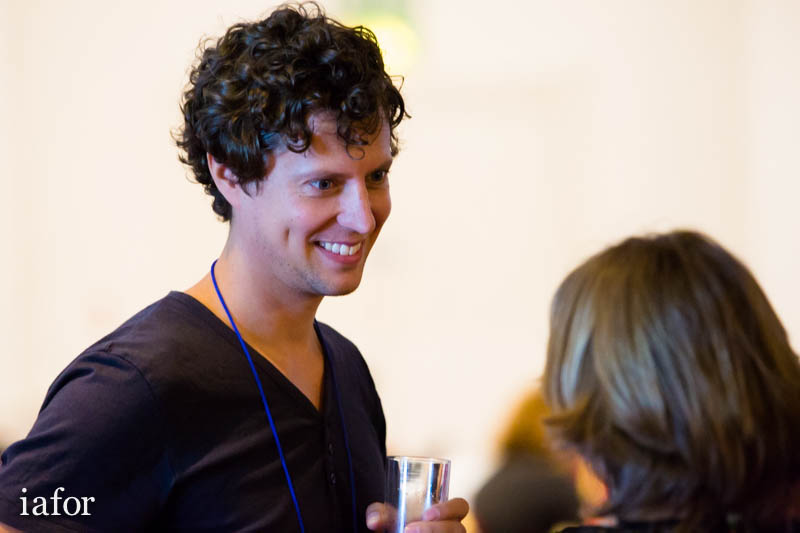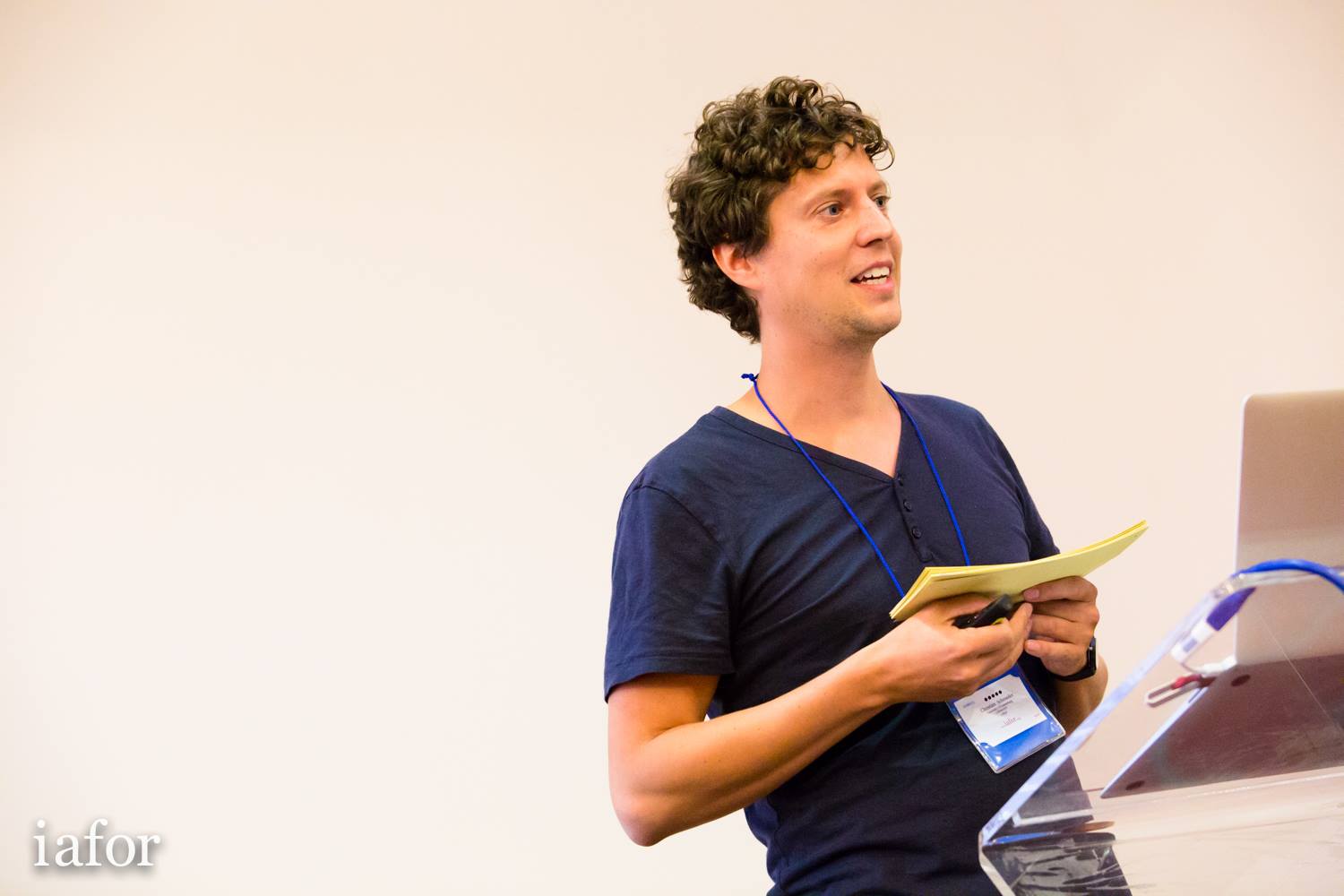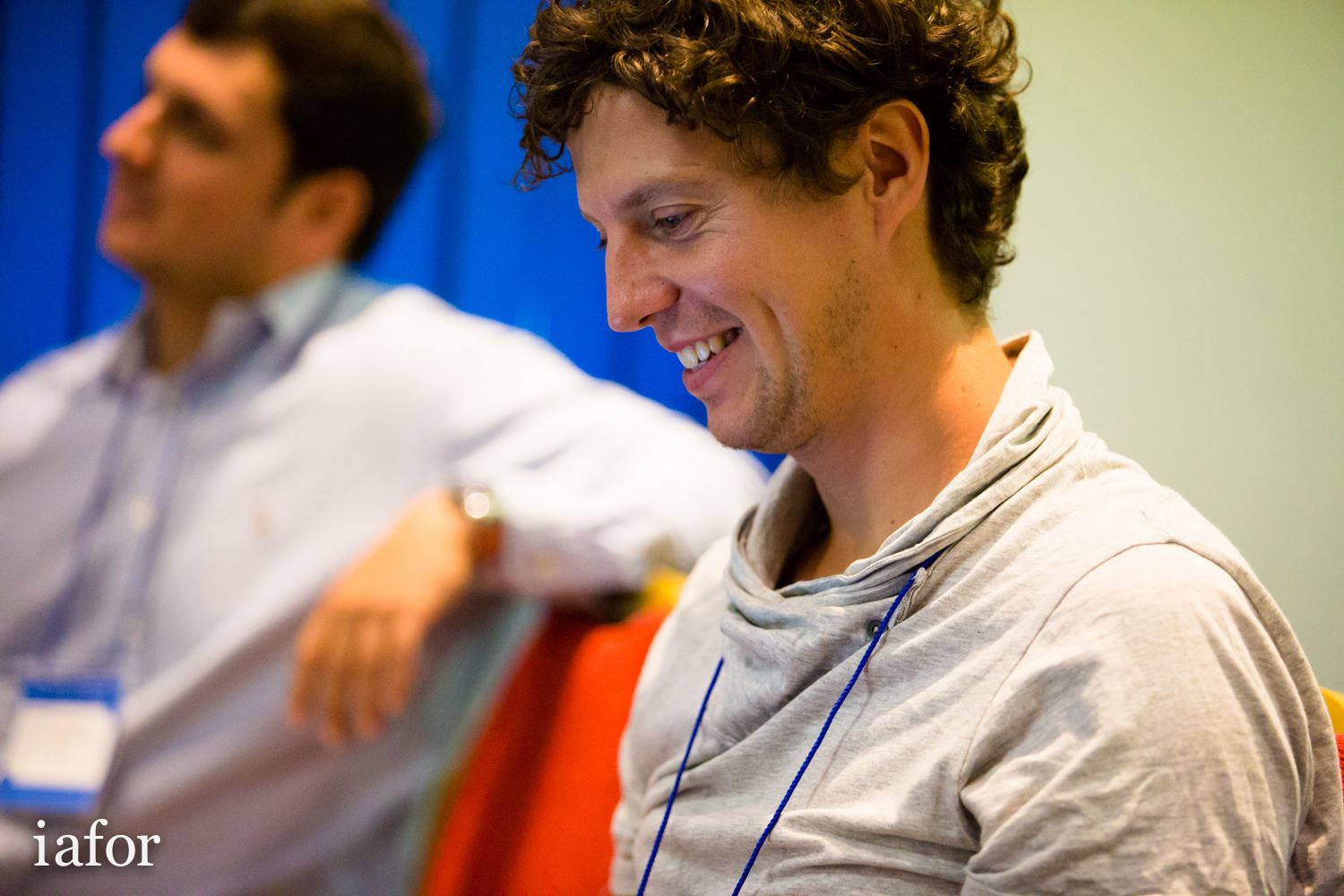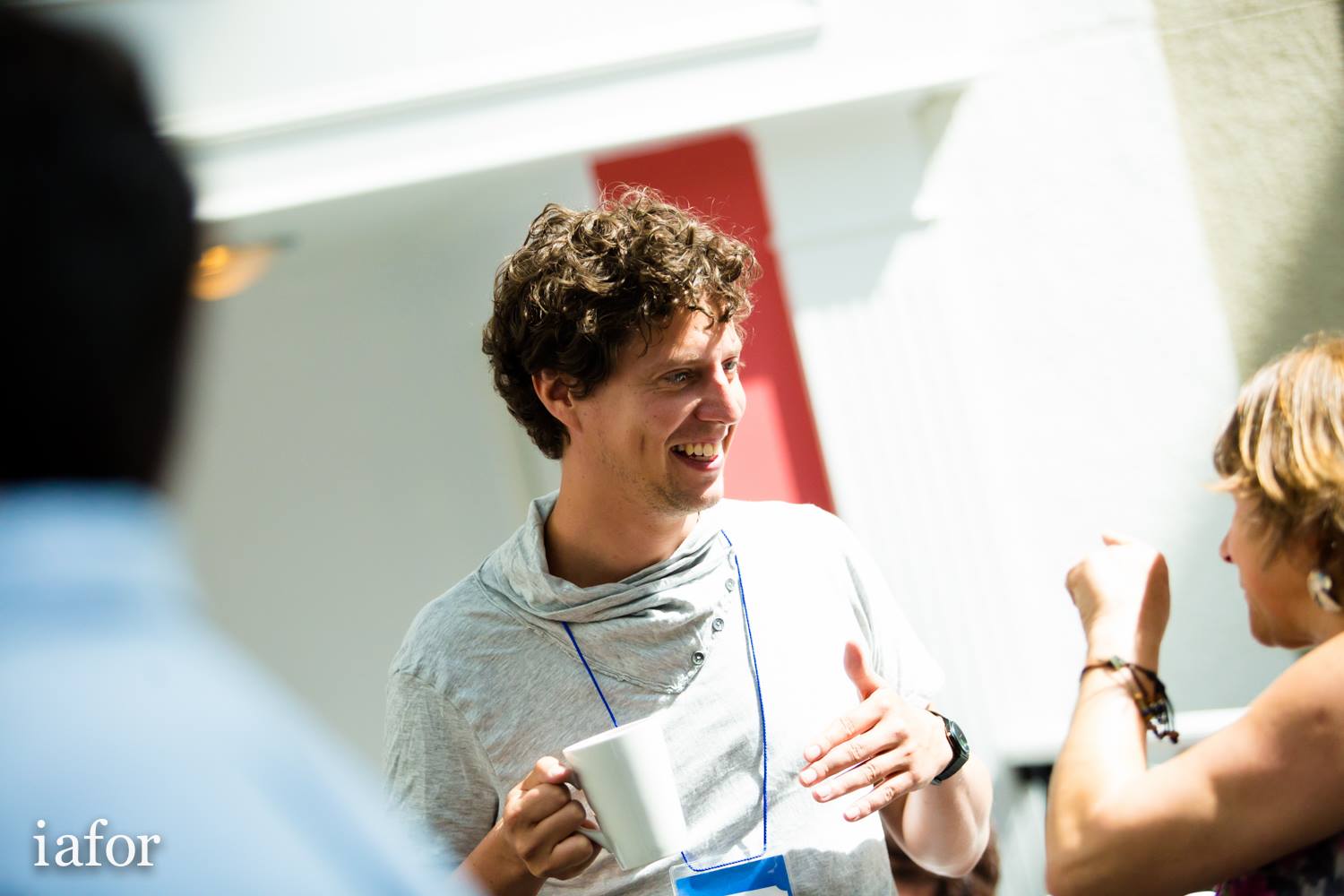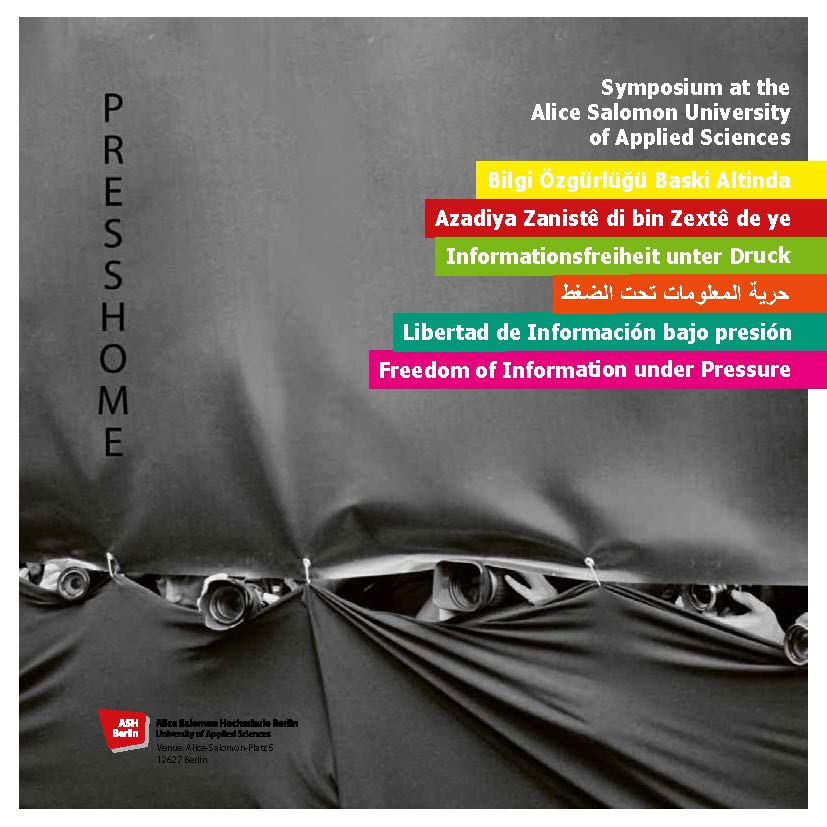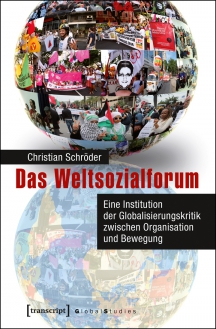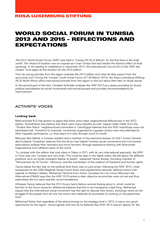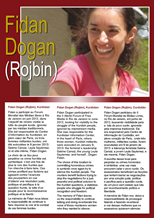Title: Power in Movement(s): The Case of the „World Social Forum“ Global Justice Movement
Abstract:
It is common knowledge that social movements do not persist over long periods. Generally, movements either disappear into oblivion or transform into an NGO or a political party. According to the thesis of Robert Michels (1989 [1911]), movements that transform into formal organizations (Türk, 1997) tend to replace the substantive idealistic goals through operational objectives. From now on, the ‘officials’ of the transforming movement use the ideology behind the movement as a suggestive power to serve the overall survival of the movement organization. Ideals become empty phrases. This is considered the typical development of social movements (Mayreder, 1917). R. Michels and R. Mayreder observed this in the early 20th century taking examples from the Social Democratic Party of Germany in the Weimar Republic and from the emergence of Christianity as a religious movement. Until today, the question remains fascinating on how social change can be initiated without replacing one oppressor for another. This paper will discuss the issue of power taking in the structure of the global justice movement >>World Social Forum<
